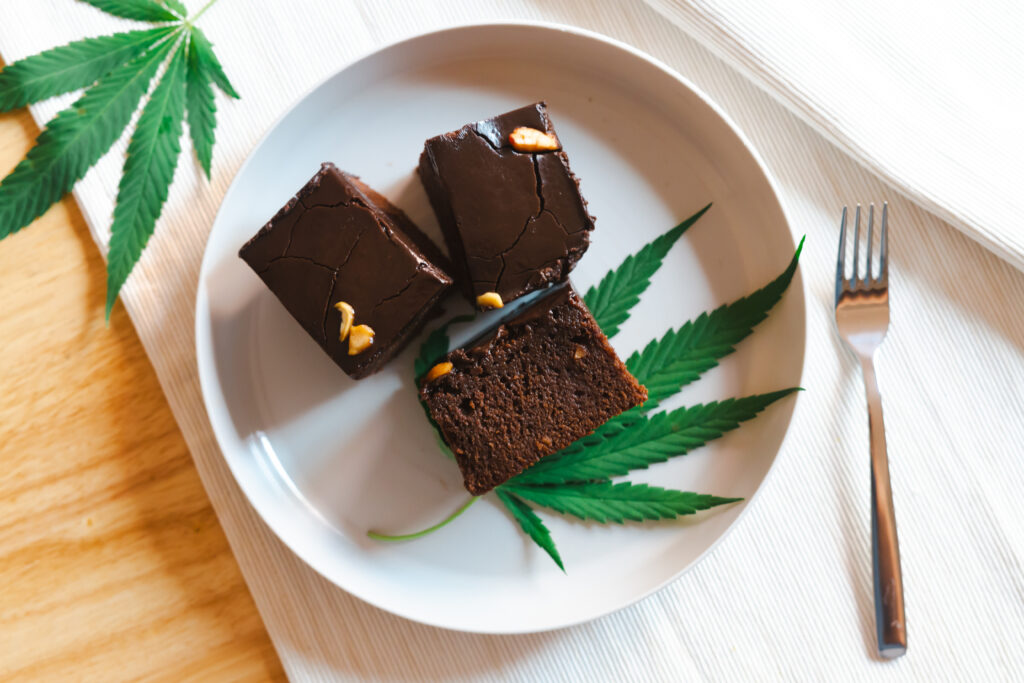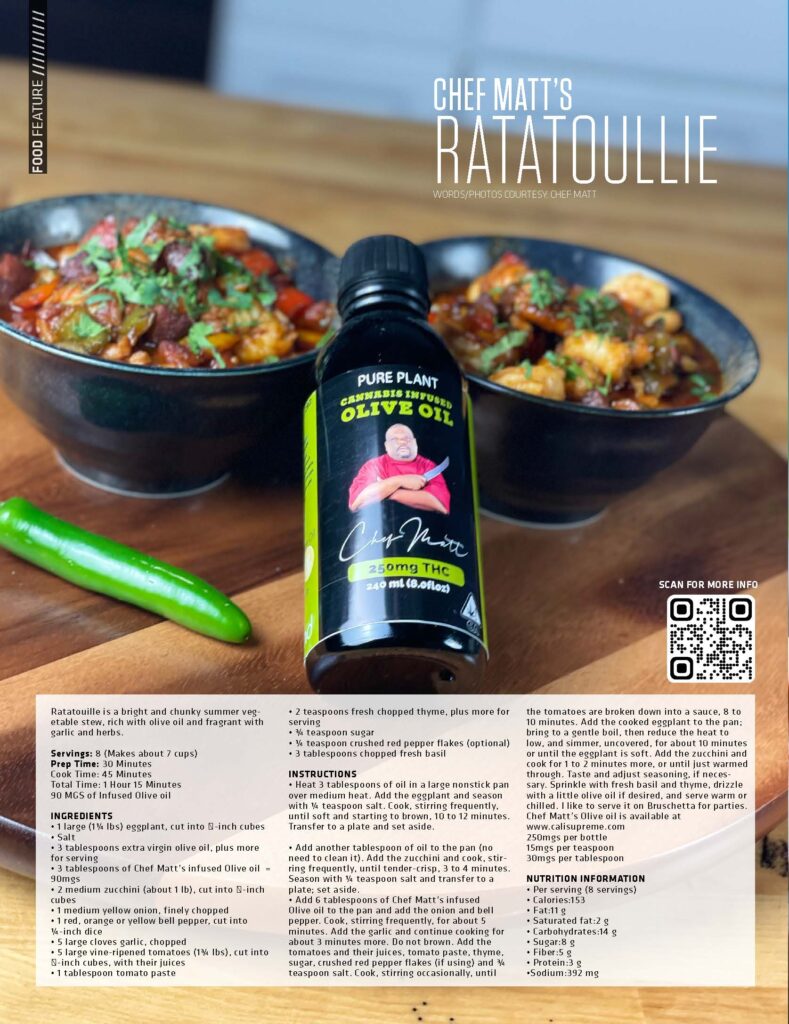
From Brownies to Gourmet Delights: The Evolution of Cannabis-Infused Cuisine
In recent years, the landscape of cannabis consumption has undergone a remarkable evolution, particularly in the realm of edibles. Cannabis-infused food, once limited to homemade brownies and cookies, has transformed into a diverse and sophisticated culinary sector, offering a plethora of gourmet options that cater to varying tastes and dietary preferences. This evolution has been fueled by changing attitudes towards cannabis, legalization efforts, advancements in extraction techniques, and a growing demand for alternative consumption methods.
Historically, the concept of consuming cannabis-infused food dates back centuries, with early recorded instances found in ancient texts from India and China. However, it wasn’t until the counterculture movements of the 1960s and 70s that cannabis-infused edibles gained popularity in the West. Often homemade and rudimentary, these early edibles were primarily limited to simple recipes like pot brownies or “special” cookies.

The turning point for cannabis-infused food came with the legalization of medicinal and recreational cannabis in various states across the United States and countries around the world. This regulatory shift opened the door for entrepreneurs and chefs to explore the culinary potential of cannabis, leading to a surge in creativity and innovation within the edibles market.
One of the most significant advancements in the evolution of cannabis-infused food has been the refinement of extraction techniques. Previously, cannabis-infused butter or oil were the primary mediums for incorporating cannabinoids into recipes. However, with the development of more efficient extraction methods, such as CO2 extraction and distillation, producers can now create highly potent and purified cannabis concentrates. These concentrates can be accurately dosed and easily incorporated into a wide range of culinary creations without the grassy taste often associated with traditional infused oils.

Furthermore, the legalization of cannabis has fostered collaborations between chefs, food scientists, and cannabis experts, leading to the emergence of gourmet cannabis cuisine. From Michelin-starred restaurants to artisanal bakeries, chefs are experimenting with innovative flavor combinations and precise dosing to elevate the culinary experience of cannabis-infused food. Dishes like cannabis-infused olive oil drizzled over heirloom tomatoes, CBD-infused cocktails crafted by master mixologists, and THC-infused chocolates made with single-origin cacao are just a few examples of the gastronomic delights now available to cannabis enthusiasts.
Moreover, the legalization and regulation of cannabis have led to increased quality control and standardized dosing in the edibles market. Gone are the days of guessing the potency of homemade brownies; now, consumers can purchase lab-tested edibles with accurately labeled cannabinoid content, ensuring a safe and consistent experience.
Looking ahead, the evolution of cannabis-infused food shows no signs of slowing down. As legalization efforts continue to progress and consumer demand grows, we can expect to see even more innovation and refinement within the edibles market. From molecular gastronomy to cannabis-infused fine dining experiences, the future of cannabis cuisine is undoubtedly ripe with possibilities. As attitudes towards cannabis continue to evolve, so too will the culinary landscape, offering consumers new and exciting ways to explore the intersection of food and cannabis.